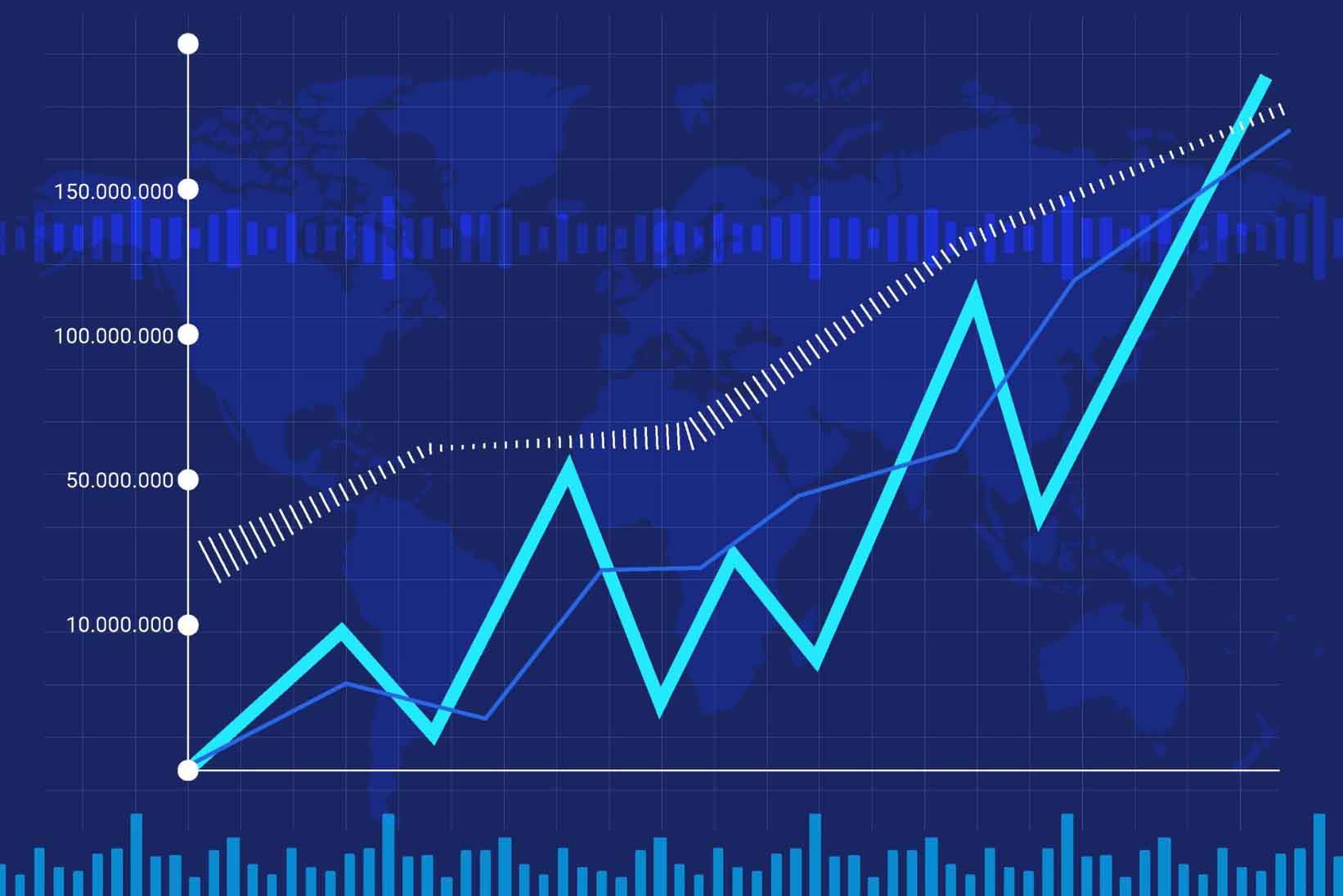In the dynamic world of finance, we often hear terms like stocks, shares, and
equities. Sometimes, you may hear or see these terms used interchangeably. Let's
untangle these concepts to make them easier to understand:
Equity: Equity represents the amount of money that shareholders (owners) of a
company would receive if all the assets were sold and all debts were paid off.
A shareholder is, therefore, essentially anyone who owns a piece of equity in a
company. For example, let's say the company is worth $100, and you own $5 worth of
equity. This means that your slice is 5% of the total. The more equity you have in a
company, the bigger the slice of the company you own.
Stocks: A stock represents your share of ownership in a company. When you buy
stocks, you buy a piece of ownership in that company. Companies sell stocks to raise
money, and people buy stocks hoping the company does well so their slices become
more valuable.
Shares: Shares are the specific pieces of stock you own and are indivisible. Using
the equity example from above, if the company issues 100 shares of $1 each and you
buy five shares, you would then own shares worth $5.
Here's how they are related: When you buy shares, you are buying stocks, which means
you are getting equity in a company, and so, owning shares = owning stocks = having
equity in a company.

The Process of Buying and Selling Stocks
Imagine a world where ambitious companies are like ships setting sail on vast financial oceans, eager to explore new territories. In this world, Initial Public Offerings (IPOs) are the grand events where these vessels first hit the water, cheered on by investors and onlookers alike. IPOs mark the moment a private company goes public, offering its shares to the general public for the first time via a stock exchange, hence the name.
This process is significant for several reasons. First, it allows companies to raise substantial capital quickly, fuelling their growth and plans. For investors, IPOs present an opportunity to be part of a company's journey from its early stages. Investors can begin buying company shares at the prevailing market price, driven by supply and demand.
If potential investors think the company will perform well going forward, the demand for their stock increases, as does the price investors are willing to pay to own shares. The share price often increases dramatically at IPO time; however, there are also cases where the demand is low, so the price decreases.
However, it's a celebratory moment and a strategic move. By going public, companies open themselves to greater scrutiny by shareholders and regulators because being a public company requires disclosing a lot of information to the public, including financial information. This shows the company's commitment and confidence in its business model.

Why do companies choose to go public?
The reasons can vary and may include some of the following:
Expansion – New markets, increase marketing, grow resources.
Innovation – Investment into R&D, use of new technologies and methods.
Pay off debt – Settle any debts.
Pay out Investors – Allow early investors, such as seed capital providers, to cash out or offer them additional equity in the form of shares.
The potential rewards can be significant for those willing to navigate these waters, marking a new chapter in the company's story and the investor's portfolio.
Long-term Investing: Capital Appreciation and Dividends
Long-term investment strategies centre around your capital growth (appreciation) and potential profit share (dividends) payouts.
Capital appreciation involves investing in companies with the potential to increase value over time. As the company's value grows, its share price increases, making your shares worth more money.
Dividend-focused investing targets companies that regularly distribute profits to shareholders, providing a regular income stream. This dual approach allows investors to balance short-term returns from dividends with the long-term growth of their capital investments.
Why Trade Stocks with Brispin
Embarking on your trading journey requires a reliable and resourceful partner, and Brispin stands out as a leading choice for traders across the globe. Offering a unique combination of security, knowledge, and cutting-edge technology, Brispin ensures that your trading experience is both rewarding and enriching. Here's why Brispin is the ideal choice for your stock trading endeavours:
International Regulation: Brispin is rigorously regulated globally, ensuring a safe and trustworthy trading environment.
Educational Resources: Our Education section offers a wealth of educational materials to enhance your trading experience. Deepen your market experience with free webinars and other educational materials.
Advanced Trading Platforms: Benefit from intuitive and innovative trading platforms that simplify and optimise your trading experience.
Award-Winning Customer Support: Receive top-tier support, recognised for its excellence, to assist you at every step of your trading journey.
Unlock the secrets of the stock market from basic terminology to wealth generation strategies in investing and trading, all with Brispin.
Start trading now!.



